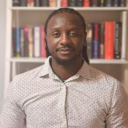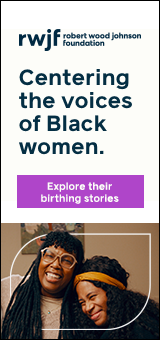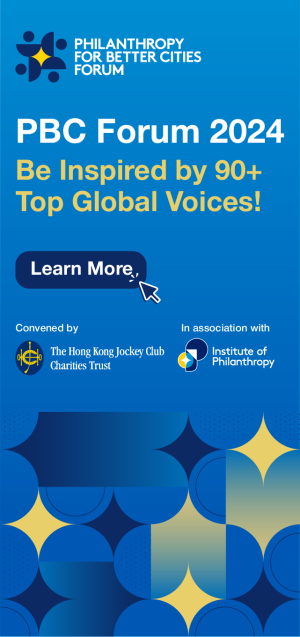Attending the 3rd African Philanthropy Academic Conference and the 5th African Philanthropy Conference in Victoria Falls, Zimbabwe, was a truly enriching experience.
This was my third appearance at the Academic Conference, and l had the opportunity to present two co-authored papers titled “Rethinking Non-profit Management: Exploring the Paradigm Shift from Philanthropy towards Social Enterprise in NGOs” and “South African National Health Insurance Policy Process 2007-2019: Private and third-sector lessons for BICS Countries”. Some key findings from the former paper include the effect of the global financial crisis on donors’ capabilities. Another significant finding is that donors encourage non-governmental organisations (NGOs) to strive for self-sustainability for long-term impact. Lastly, there is a growing recognition of the necessity for exploring alternative funding strategies.
Noteworthy from the academic side of the conference was the stimulating intellectual engagement among other scholars of the philanthropy and social investment in Africa body of knowledge. A discussion that ensued regarding the shifting of paradigms in philanthropy to a social enterprise model was remarkable. One scholar argued that separating and taking the two as different paradigms is erroneous as the two are connected and not to be separated. At the same time, another strengthened our argument that the altruistic nature of philanthropy relying on donor funding may be linked to it being less sustainable with the global trend of dwindling donor funding to a sustainable model of social entrepreneurship that allows NGOs to operate outside donor funding and gain surplus to enable operations to continue, which builds their reserves.
Crossing over to the practice side of the conference allowed me to engage with practitioners for the second time. While one of the memorable messages delivered by a keynote speaker last year was the importance of measuring the impact of our philanthropic efforts on the continent, this year, the conference revolved around “The New Frontiers for (and in) African Philanthropy”, which was the central theme.
Several lessons were memorable from the opening speakers. The first was the reflection on the importance of (i) reflecting on what is going on in the world and where philanthropy is going by looking at trends, (ii) showcasing the most significant things we are doing, like Giving Tuesday and books being published in the field, (iii) planning what should be prioritised in the field in Africa, and (iv) affirming our commitment to philanthropic work on the African continent.
Second, Africa should take a leading role in its development by (i) ensuring healthcare systems are run by trained leaders in the area as opposed to specialists in the medical profession, such as a lead cardiologist, and (ii) reducing the amount of hallucination by Artificial Intelligence because it is not programmed/fed information by Africans about Africa. Third, the United Nations Economic and Social Council (ECOSOC) is trying to leverage African leaders in developing strategies for Africa, allowing civil society to drive development by Africans for Africans. Lastly, there is an illusion of a homogeneous world where we follow and consume our time on sustainable development goals (SDGs) as development. Consequently, we see exhibitionist giving that disempowers the receiver as it projects power differences between the two parties, making the private sector susceptible to always seeking foreign concepts and failing to capitalise on local concepts that harness the continental and cultural needs found in Africa.
The privilege of attending both conferences clearly shows how the gap between practice and academia is being narrowed when it comes to African philanthropy and philanthropy in Africa by Africans. However, I would cherish seeing if the week-long conference can have practitioners and academics throughout its duration share the platform to eradicate the silo approach where the two almost participate separately. I have witnessed the benefits of the networking promoted by the conference from both sides and continue collaborating with these colleagues. I look forward to the next iteration to be hosted in Egypt in 2025.
Dr Neville Mangwiro has a PhD in Philanthropy and Social Investment in Africa, specialising in Monitoring and Evaluation, from the University of Witwatersrand’s Wit Business School.




Comments (0)